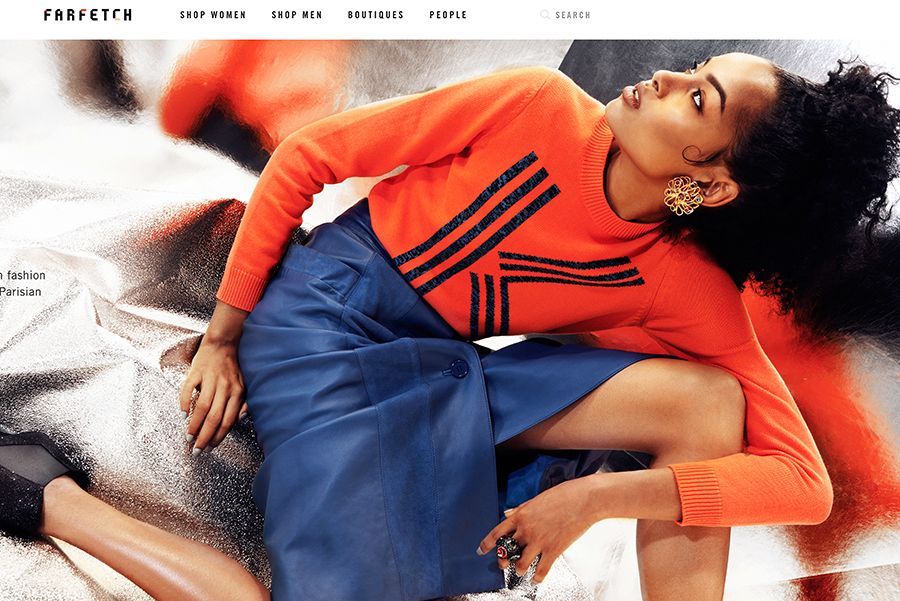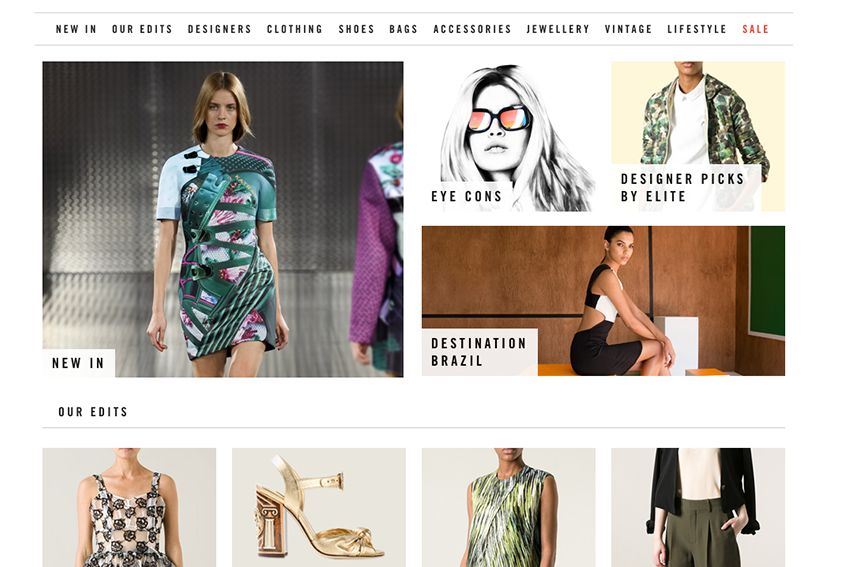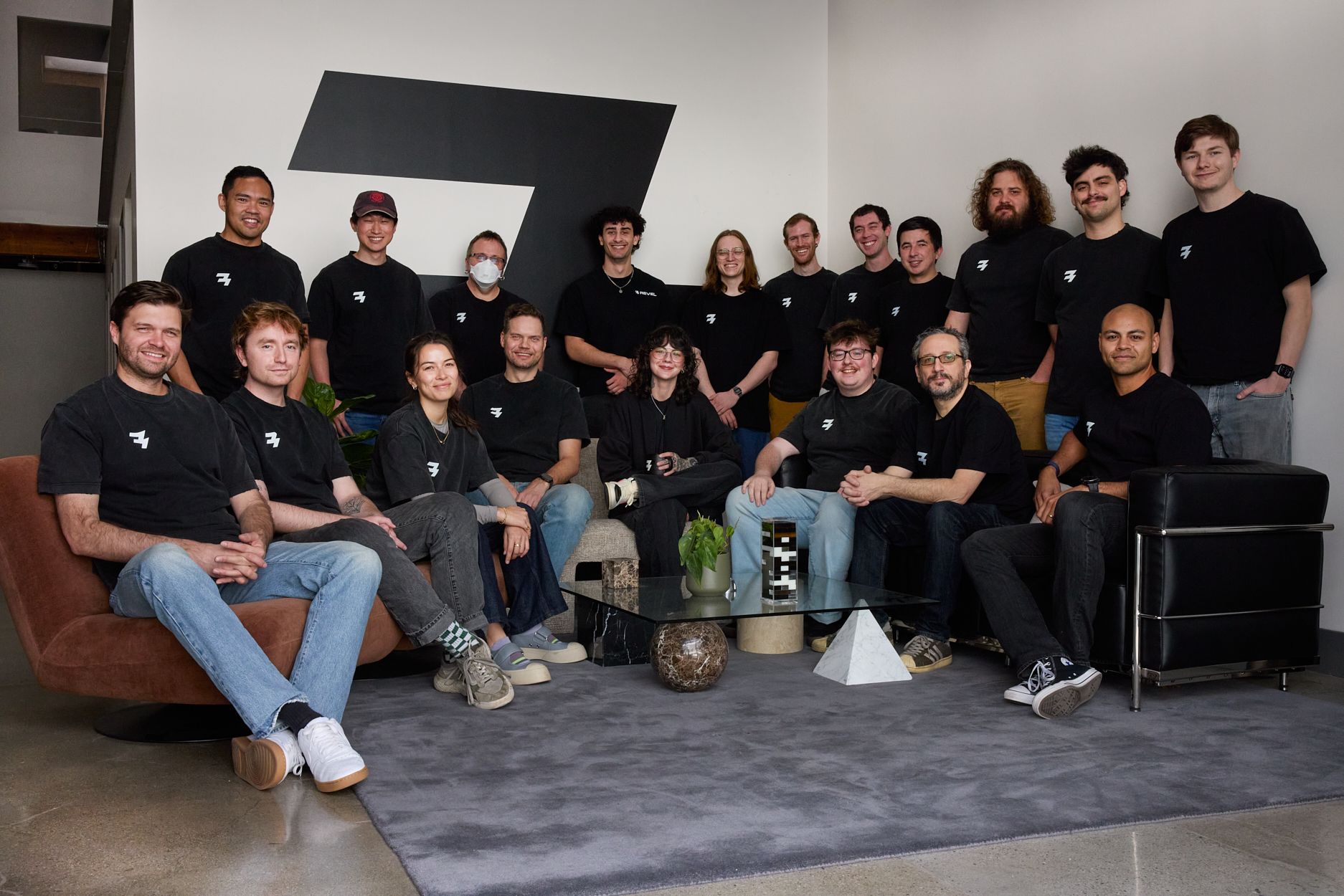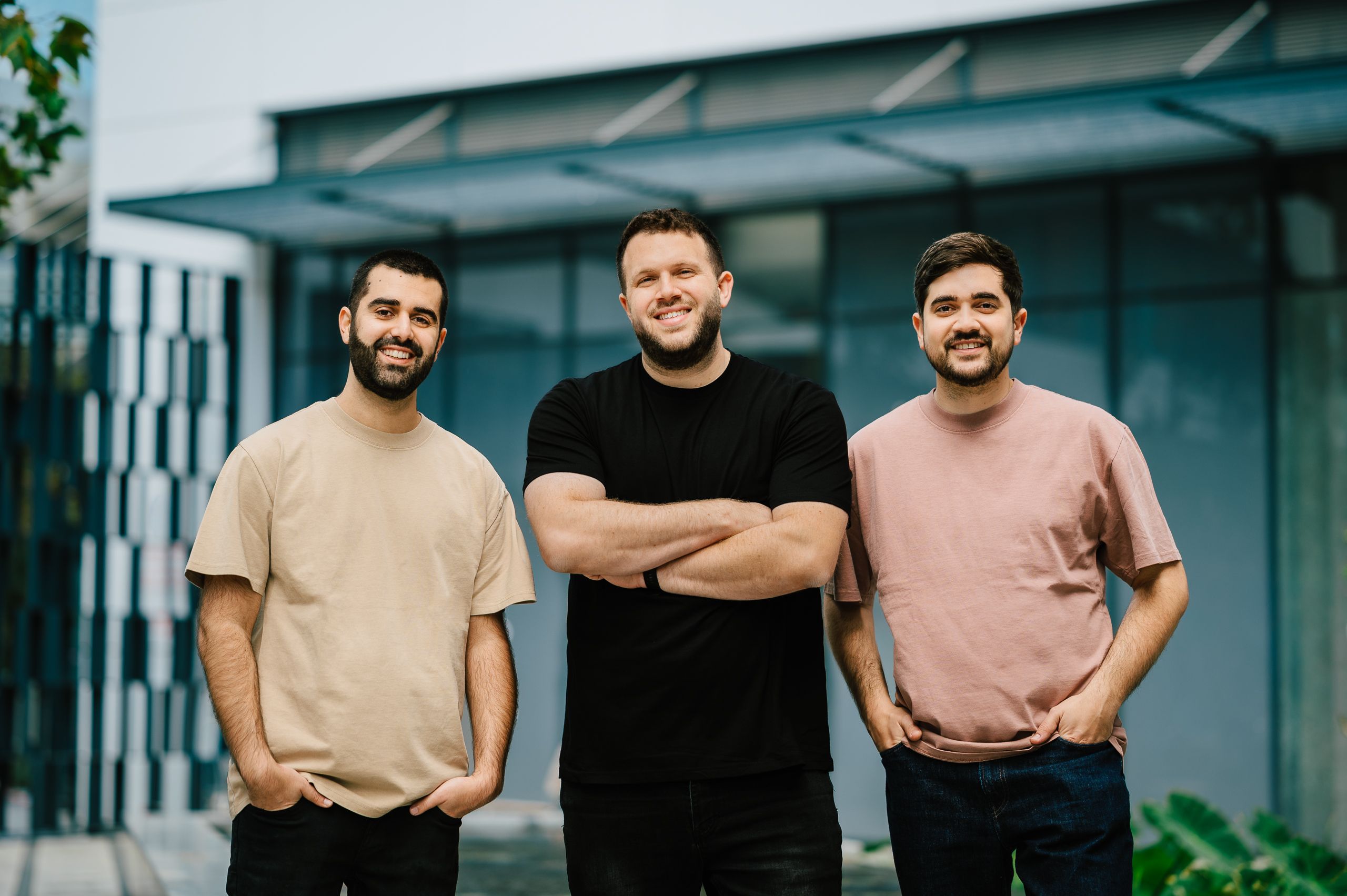Farfetch Brings Home $66 Million in New Funding


For fashionistas, there’s nothing quite like stumbling upon a chic boutique, perhaps hidden on a winding cobblestone street in Barcelona or Paris, where every item seems to be ‘just your style’.
Farfetch, the global e-commerce site for independent boutiques, brings this sense of discovery and delight online – and we’re thrilled that this innovative marketplace has just closed a $66 million Series D
Today Farfetch offers to buyers of luxury fashion the widest range of leading brands available on the web. Bought through an aggregated basket and delivered directly from one or more of the 1000 boutiques on the platform. Each boutique has the Farfetch software module installed enabling sophisticated multi-channel merchandising.
We first invested in Farfetch’s Series B round in 2012, and then again participated in the company’s Series C round in 2013. From the beginning, we loved Farfetch’s marketplace model that allows boutiques across the world to sell their unique selection of curated fashion merchandise to shoppers anywhere. The company has proved the marketplace model works, generating sales of $275 million in 2013 and growing revenues at 100% a year. Today, more than 1,000 boutiques in over 26 countries offer over 100,000 items in the Farfetch marketplace. What’s more, the company’s 270,000 customers in 170 countries are high value, spending on average $650 per order.
But Farfetch is not just about great revenue numbers. The company goes beyond creating a transactional platform to actually foster personal connections between buyers and sellers. Farfetch presents a unified look-and-feel, but the boutiques retain their own branding and point-of-view, allowing shoppers to build relationships with their favorite shops. (Even if the shopper lives in New York, her (or his) favorite boutiques on Farfetch could be in Rome, Sao Paolo, and Amsterdam.) And Farfetch also fosters connections that span the online and offline worlds; customers who visit their favorite boutiques in real life receive special offers, personal treatment, and VIP service.
Index has invested in 27 marketplaces because we believe strongly in the intermediary model for e-commerce. Bringing buyers and sellers together, but not purchasing, stocking, or shipping any inventory itself, gives Farfetch an advantage over traditional fashion etailers. The boutiques win as well, because sales on Farfetch are largely incremental revenue. Many boutiques on Farfetch generate more than 30% of overall sales on the platform – revenues they would never have made in their retail shops. In the highly competitive luxury fashion market dominated by large retailers, it’s great to see independent boutiques not just surviving, but thriving.
Of course, a great idea does not a great company make. It takes an entrepreneur with a huge vision, deep knowledge of the fashion industry and an executive team with deep experience, to turn an idea into a successful global business. Founder José Neves is a rare combination of a serial entrepreneur, tech geek and fashion fiend. He started coding at eight and launched his first technology company in 1994, but also deeply understands the luxury fashion business. He launched his first fashion design company in 1996 and went on to create other labels, design companies, and a high-end retail shoe store in London. He’s an ambitious entrepreneur with big vision for how the web facilitates multichannel retailing – and he has never faltered on execution. Together with COO Andrew Robb, who joined the company early on and has experience leading ecommerce companies and at eBay, the executive team is second-to-none.
Farfetch is going places, and we’re excited to be involved. José and his team have proved the web shopping experience doesn’t have to be impersonal; in fact, fostering a sense of connection between buyers and sellers is the next wave in ecommerce.
Published — May 1, 2014
-

-
